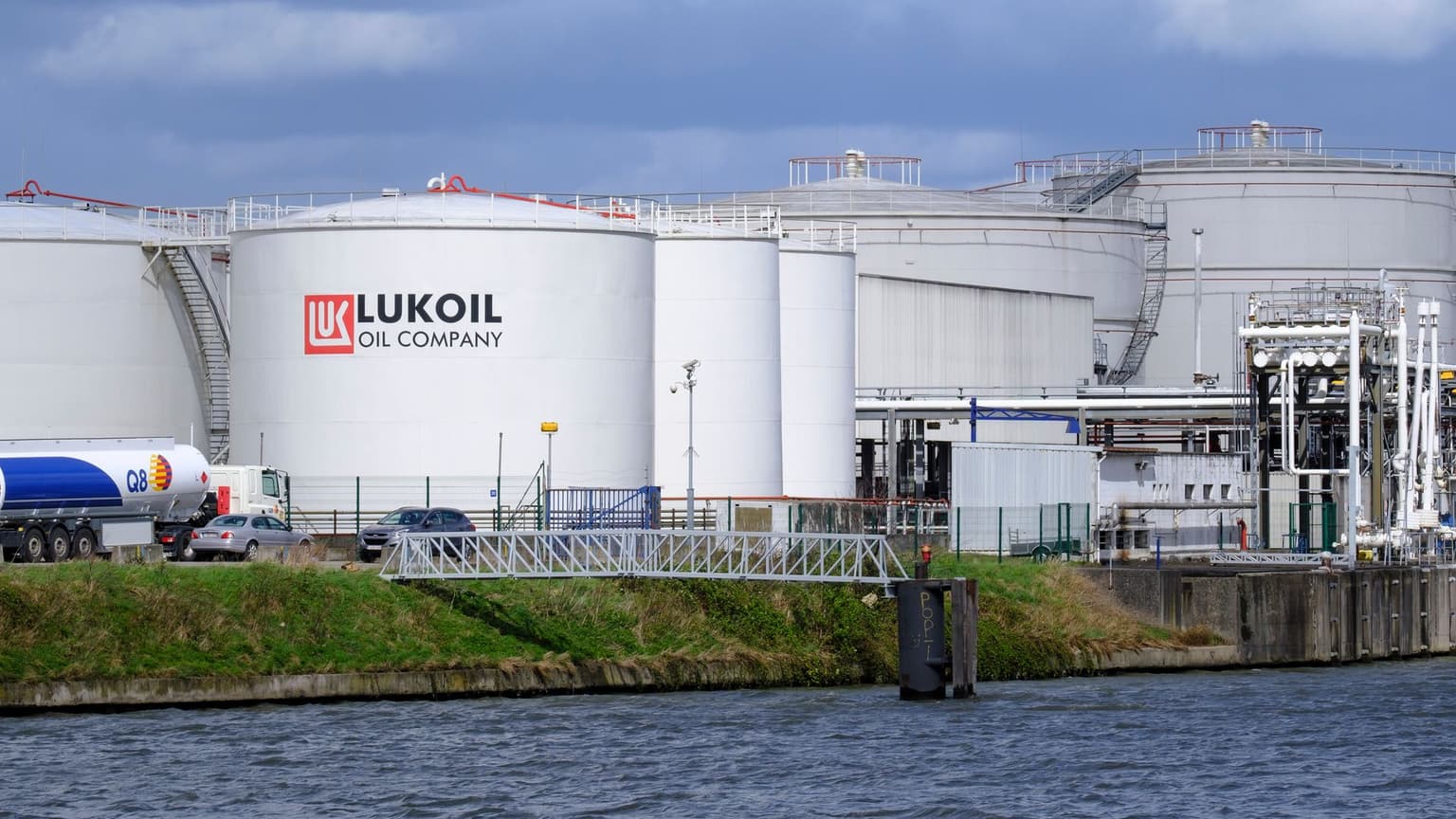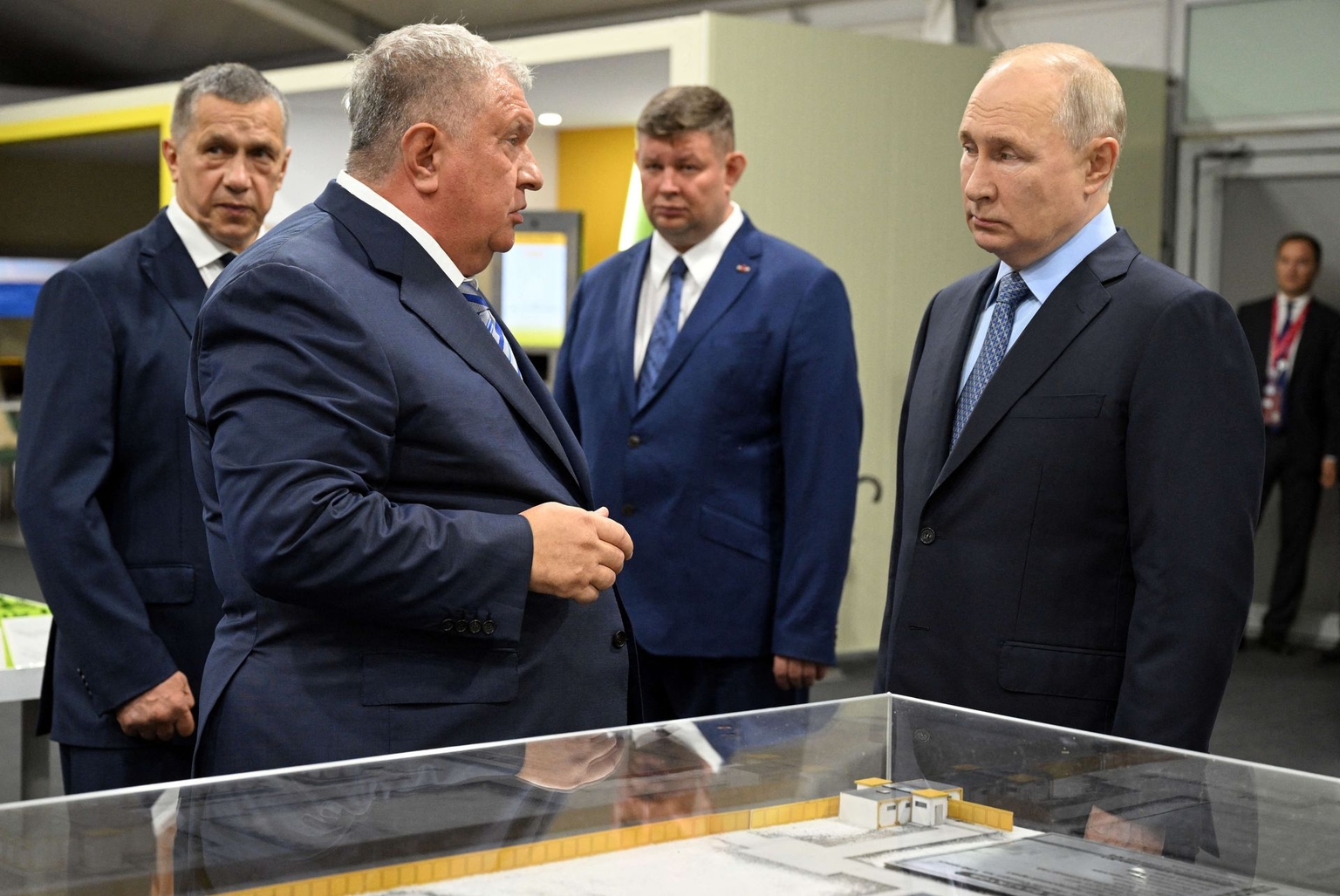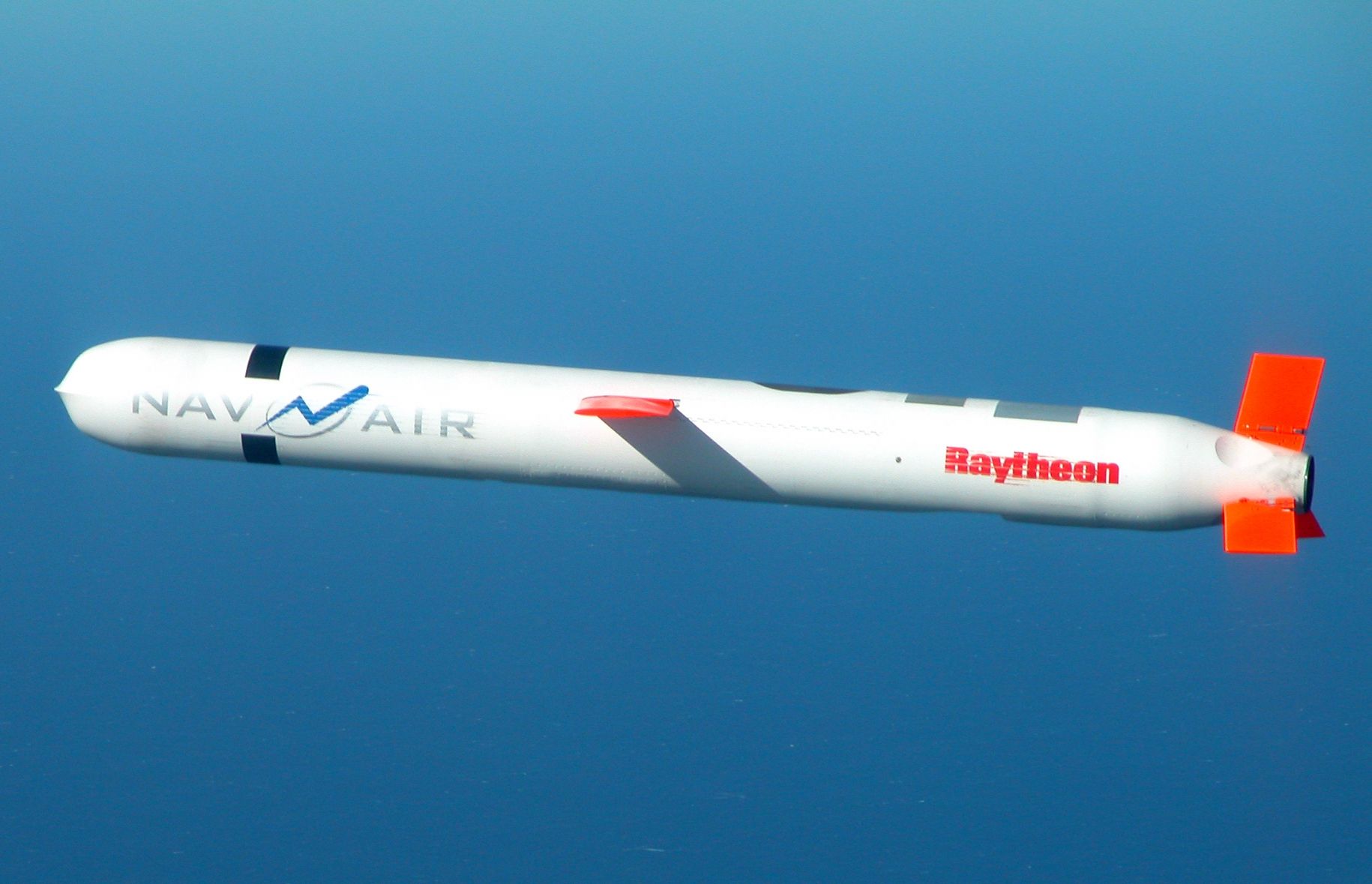Trump's Russia sanctions 'a shock' to Moscow, may deal 'serious blow' to oil giants, experts say

The Lukoil depot in Neder-Over-Heembeek, operated by the Russian multinational energy corporation, is seen in Brussels, Belgium, on April 7, 2022. (Thierry Monasse / Getty Images)
In a surprising move, U.S. President Donald Trump announced his administration's first sanctions on Moscow since taking office — a step analysts say could create new hurdles for Russia's oil sector.
The U.S. imposed sanctions on Russia's two largest oil companies, Rosneft and Lukoil, on Oct. 22, aiming to pressure the Kremlin into agreeing to a ceasefire in Ukraine.
The measures freeze all U.S.-based assets of those companies. They also pave the way for secondary sanctions against foreign institutions that handle transactions with those on the blacklist.
Experts described the move as "quite a shock" and a "serious blow" to Russia's top oil exporters.
Oil giants under pressure
Rosneft and Lukoil are pillars of Russia's economy. Together, they account for nearly half of the country's crude-oil exports, around 3.1 million barrels per day, according to Russian estimates.
State-controlled Rosneft, led by Igor Sechin, a close ally of Russian President Vladimir Putin, produces about 40% of Russia's oil. Lukoil, the country's largest private energy company, accounts for roughly 15% of the national output and 2% of the global production.
The new sanctions extend far beyond the parent companies, covering six Lukoil subsidiaries and 28 Rosneft enterprises. Among them is Lukoil-Western Siberia, which alone accounts for around 40% of the group's hydrocarbon production.

Before this latest package, both firms were already under sectoral sanctions that banned U.S. entities from supplying drilling equipment, technology, or services for new Arctic, offshore, or shale projects. The Oct. 22 order, however, effectively blacklists them.
"The Americans imposed sanctions not only on Rosneft and Lukoil but also on all their subsidiaries where these companies hold more than a 50% stake," said economist Oleh Pendzin, head of the Ukrainian Economic Discussion Club.
"This directly affects European subsidiaries and those in third countries. Their ability to conduct business in these markets is now severely restricted."
The expert said oil companies rely on a vast ecosystem of logistics, shipping, and insurance.
Once sanctioned, "contractors and intermediaries quickly pull away — no one wants to get involved with a sanctioned entity," Pendzin added.
India turns away from Russian oil
The impact is already rippling through global markets. India — one of Russia's largest buyers — is reportedly expected to sharply curtail its imports.
According to Bloomberg, citing unnamed executives at Indian oil companies, India's biggest refineries are expected to reduce purchases from Rosneft and Lukoil to virtually zero.
In September, India imported 1.6 million barrels of Russian oil per day, roughly 36% of its total needs. At their peak earlier this year, shipments reached 2 million barrels daily.
"Banks in India and China risk becoming targets of secondary sanctions if they continue working with blacklisted entities."
For Moscow, India has been the largest market for seaborne oil exports and the second-largest overall buyer after China. The new restrictions threaten to close that crucial outlet.
"The new U.S. sanctions are currently quite a shock for the Russians, and the buyers of Russian oil, especially India," said Vasily Astrov, senior economist at the Vienna Institute for International Economic Studies.
"But experience shows that ways will be found to circumvent these sanctions over the coming months, e.g., by 'founding' new shell companies that are not subject to sanctions."
Astrov added that cheap Russian oil remains attractive to Asian markets.

But as Pendzin noted, "banks in India and China risk becoming targets of secondary sanctions if they continue working with blacklisted entities."
According to Reuters, Chinese state-owned oil companies have also suspended purchases of seaborne Russian crude following the sanctions, amid fears of potential secondary sanctions.
Hungarian Prime Minister Viktor Orban said on Oct. 24 that Budapest is working on finding a way to bypass the U.S. sanctions, as his country, along with Slovakia, is the biggest buyer of Russian oil in the European Union.
"We are working on how to circumvent this sanction," he told Kossuth radio.
Will the sanctions bite?
Experts say the sanctions might squeeze Russia's oil sector, at least in the short term.
"Tighter constraints on payments, shipping, and insurance raise costs and deepen discounts, reducing the export tax take for Moscow," said Oleksandr Talavera, professor of financial economics at the University of Birmingham.
Unveiling the sanctions, U.S. Treasury Secretary Scott Bessent said Washington's aim was to hit the Kremlin where it hurts — its ability to finance the largest war in Europe since World War II.
Putin acknowledged on Oct. 23 that the new U.S. measures would have "consequences."
"(The sanctions) are serious for us... that's clear, and they will have certain consequences," Putin said. "But they will not significantly affect our economic well-being."
Trump responded to Putin's remarks downplaying the impact of the sanctions on Russia's "economic well-being," saying he was "glad" the Russian leader felt that way but hinted the real consequences would take time to unfold.
"I'm glad he feels that way," Trump told reporters at the White House on Oct. 23. "Let's see how it all works out — I'll let you know in six months."
Still, some analysts remain skeptical that the measures will be decisive.
Chatham House associate fellow Timothy Ash told the Kyiv Independent that while the sanctions send a political signal, they may not drastically alter Russia's revenues.
"The U.K. has already sanctioned these entities," he said, noting London's Oct. 15 move to sanction Rosneft and Lukoil in what the U.K. government described as their "strongest sanctions yet."
"Symbolically, perhaps it will have some effect as it might suggest that the U.S. might be willing to do something more significant going forward," Ash added. "As yet, the Trump administration has shown zero willingness to hurt the Russian economy or annoy Putin."
Note from the author:
Hi, this is Tim. Thanks so much for reading! At the Kyiv Independent, we don't have a wealthy owner or a paywall — we rely on readers like you to keep our journalism alive. Our goal is to explain the world clearly and walk you through what's really happening, so you can understand the events shaping Ukraine and beyond.
If you found this article helpful, consider joining our community today and supporting independent reporting.











